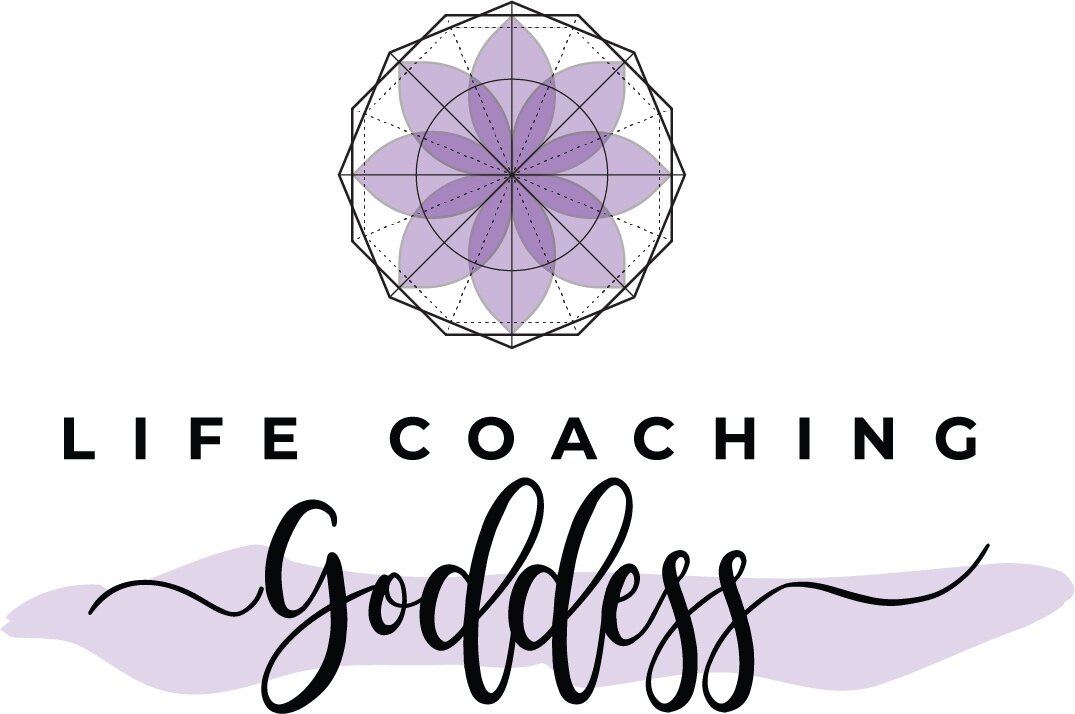Do I Have The Mother Wound?
The mother wound is a term used to describe the emotional pain and trauma experienced by individuals who have had challenging or difficult relationships with their mothers. This wound can manifest in different ways, such as feeling unworthy, unlovable, or inadequate, struggling with trust and intimacy, or having difficulty setting healthy boundaries in relationships.
The mother wound is not a new concept, but it has gained more attention in recent years as people have become more open about discussing mental health and the impact of early childhood experiences on our lives. While not everyone experiences a mother wound, it is a common experience for many people, and it can have a significant impact on their lives and relationships.
There are many different factors that can contribute to the mother wound. Some people may have had mothers who were emotionally distant, neglectful, or abusive. Others may have had mothers who struggled with their own mental health issues, addiction, or relationship problems. In some cases, the mother may have been physically absent due to death, divorce, or other reasons.
Regardless of the specific circumstances, the mother wound can have lasting effects on a person's sense of self and their ability to form healthy relationships. People who have experienced this type of trauma may struggle with feelings of shame, guilt, and unworthiness. They may also have difficulty trusting others, setting boundaries, and expressing their emotions.
The healing process for the mother wound can be complex and challenging, but it is possible. It often involves confronting painful emotions and memories, learning new coping strategies, and developing healthy relationships with others. Therapy can be a valuable tool for those who are struggling with the mother wound, as it provides a safe space to explore these issues and develop new skills.
Ultimately, healing from the mother wound requires a willingness to face the pain and work through it. It is a process that takes time and effort, but it can lead to a greater sense of self-awareness, self-acceptance, and emotional wellbeing. By acknowledging and addressing this wound, individuals can break free from patterns of dysfunction and create a brighter, more fulfilling future.
What can cause the Mother Wound?
Children (usually daughters, but sometimes also sons) are said to experience the mother wound if their mother:
provided support by taking care of the physical needs of the children, but didn’t give love, care, and security
didn’t provide empathy to mirror the child’s emotions and help them label and manage those emotions
didn’t allow the child to express negative emotions
was extra critical
expected the child’s support with their own physical or emotional needs
wasn’t available to the child either because they had to work or because they were busy with their own interests (Do note, however: You can be a working mom — even a working single mom — without instilling the mother wound!)
had suffered emotional or physical abuse themselves, didn’t process the trauma, and was therefore unable to offer love and nurture
had an untreated mental health condition
experienced alcoholism or drug addiction
Healing the mother wound can be a complex and challenging process, but it is possible with time, effort, and the right tools. Here are some ways to begin the healing journey:
Seek therapy: Working with a therapist who specializes in attachment and childhood trauma can be a valuable tool in healing the mother wound. A therapist can help you identify patterns in your relationships, process your emotions, and develop new coping strategies.
Practice self-compassion: Self-compassion involves treating yourself with kindness, understanding, and acceptance. It can be difficult to be kind to ourselves when we have experienced pain and trauma, but learning to practice self-compassion can be an important part of healing the mother wound.
Develop healthy boundaries: One of the impacts of the mother wound can be difficulty setting and maintaining healthy boundaries in relationships. Learning to identify and communicate your needs can help you develop stronger, healthier relationships.
Connect with supportive people: Building a support system of people who understand and support you can be an important part of the healing process. This can include friends, family, or support groups.
Practice mindfulness: Mindfulness involves paying attention to the present moment with curiosity and openness, without judgment. It can help you connect with your emotions and develop greater self-awareness.
I hope this article gave you some clarity and awareness as to why you may feel that you are not worthy or enough for you mother, and why you may still be chasing her affection or approval. Just know that you are able to heal this part of you, and step more fully into feeling a renewed sense of self!
As always, thank you for being here with me


